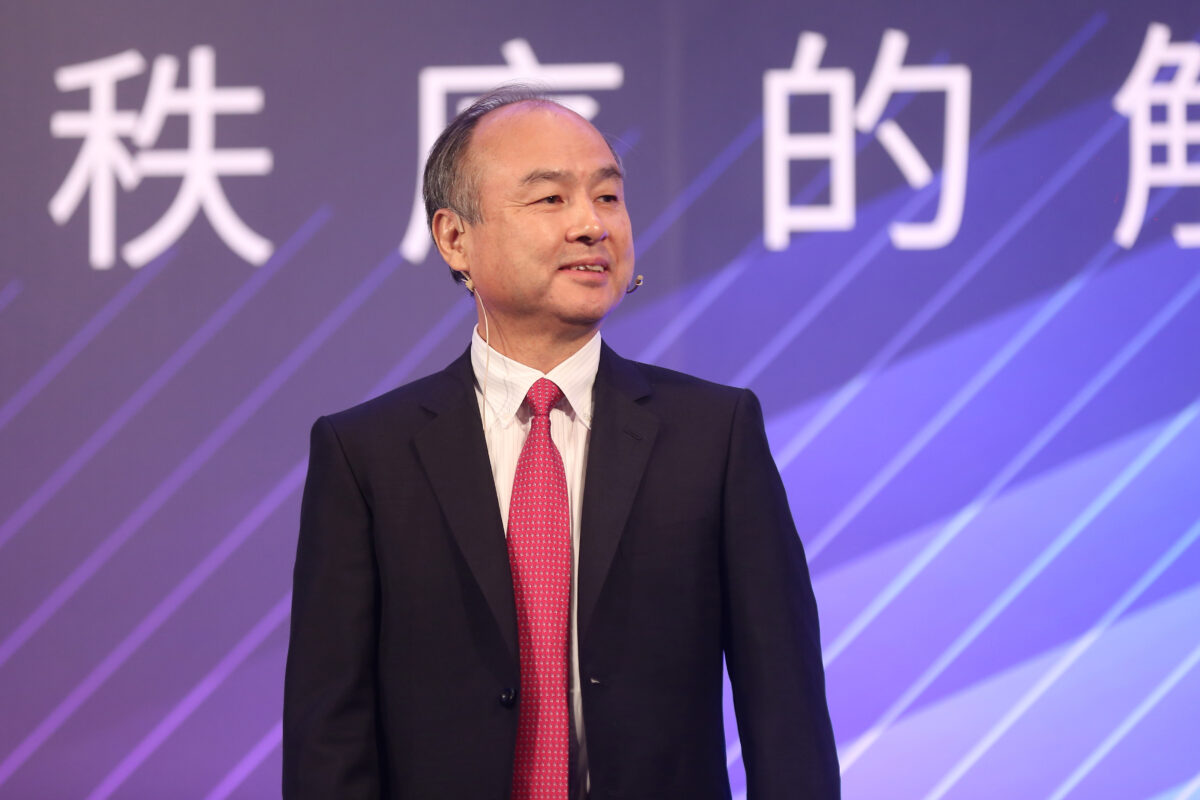TLDR:
Contents
- SoftBank’s Masayoshi Son has proposed a $1 trillion AI and semiconductor hub in Arizona called Project Crystal Land.
- The plan builds on Arizona’s growing tech ecosystem, with existing investments from TSMC, Samsung, and Intel.
- Booming demand for AI chips and SoftBank’s aggressive financing, including a recent $15B loan, are driving the project.
- Experts warn the project’s success will depend on research infrastructure and solving talent shortages, not just factories.
SoftBank founder Masayoshi Son has announced plans to build a $1 trillion AI and semiconductor mega hub in Arizona, a sweeping proposal that could reshape the global technology landscape.
Named “Project Crystal Land”, the initiative aims to establish a next-generation industrial complex that blends advanced manufacturing with AI-driven innovation, positioning Arizona as the Western hemisphere’s answer to China’s tech powerhouse, Shenzhen.
The vision, still in its early stages, includes potential collaboration with Taiwan Semiconductor Manufacturing Co. (TSMC) and Samsung Electronics. While TSMC clarified that its participation in Crystal Land won’t impact its existing $165 billion investment in Phoenix, Son’s plan appears designed to complement and expand the region’s rapidly growing tech cluster.
Arizona’s momentum attracts bold vision
Arizona has quietly emerged as a key battleground in the global semiconductor race. With Intel and TSMC already pouring billions into chip fabrication plants and research centers, Phoenix’s tech economy is booming. The region’s tech workforce has grown by 17% over the past year, placing it among North America’s fastest-growing innovation hubs.
Son’s proposal builds on this momentum. SoftBank is currently engaged in negotiations with U.S. federal and state officials to secure tax incentives and financial structures typically reserved for massive infrastructure projects. If successful, Crystal Land could accelerate Arizona’s rise as a critical node in America’s strategic effort to localize semiconductor supply chains.
AI explosion fuels urgency
The timing of Son’s announcement aligns with a surge in demand for AI-specific semiconductors. As generative AI tools and large-scale data centers continue to scale, the market for AI chips is projected to surpass $150 billion by 2025. Overall, the global semiconductor market is expected to reach $1 trillion by 2030.
SoftBank has already started mobilizing capital for its AI push. In May, the company secured a $15 billion bridge loan, led by Mizuho, SMBC, and JPMorgan, to fund AI-related investments. The deal supports acquisitions like the $6.5 billion stake in Ampere Computing and possibly a future investment of up to $30 billion in OpenAI. Crystal Land could serve as the physical foundation for these ambitions.
Innovation requires more than factories
While the scale of Crystal Land is unprecedented, analysts note that manufacturing alone won’t be enough to create a truly global AI hub. Unlike Silicon Valley or Boston, where world-class research universities feed talent and ideas into the local ecosystem, Arizona still lacks the same depth in academic and research infrastructure.
Arizona State University has taken steps to close that gap, including the launch of its AI Steering Committee. But industry leaders warn that scaling talent will be one of Crystal Land’s biggest hurdles. The semiconductor industry already faces workforce shortages, and a project of this size could intensify the problem without a parallel focus on education, R&D, and innovation ecosystems.


